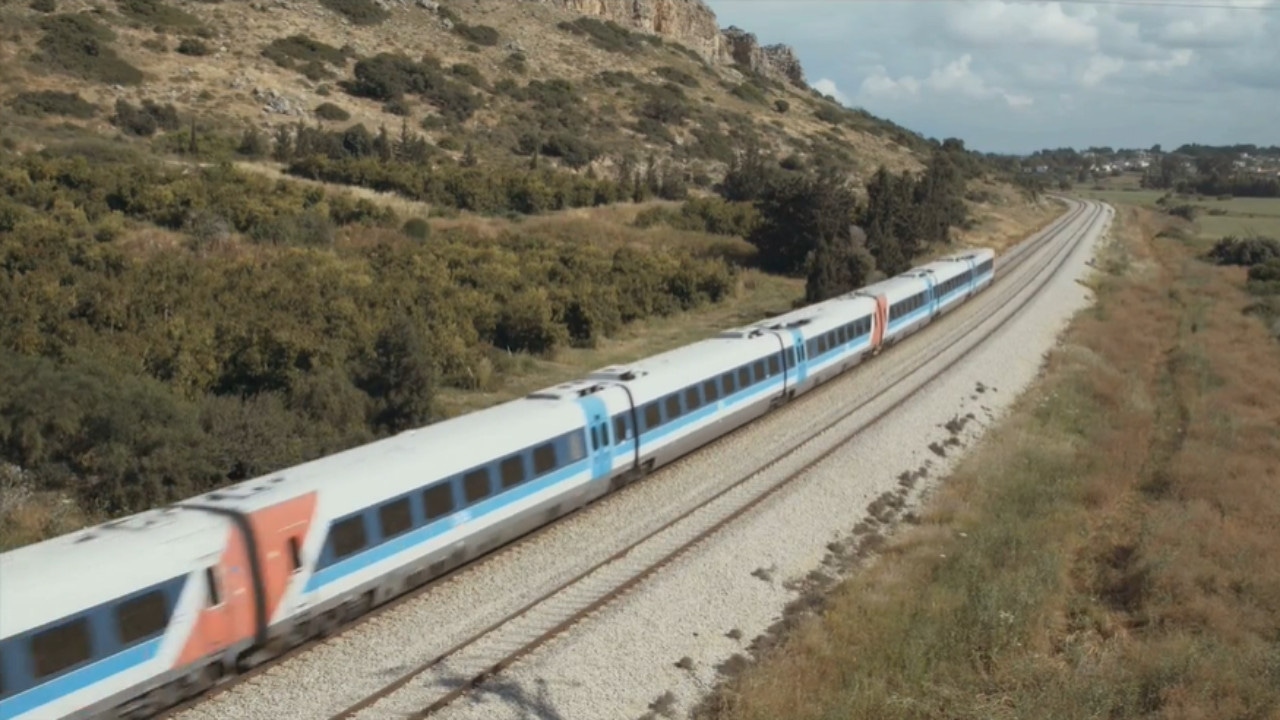How practical is the Northern Light Express?

(WDIO-TV)
Plans for a higher-speed passenger train between the Twin Cities and Duluth appear to be chugging along.
Back in May, Minnesota lawmakers approved nearly $195 million in new funding for the project, which is known as the Northern Lights Express. That funding provides a 20% match that was needed to pursue federal grants for the project.
As with most things, the project has its supporters and critics. KSTP’s sister station, WDIO-TV, checked in with Duluth area leaders about how practical the project is.
“This is just a transportation alternative; it is it for everyone,” Ken Buehler, the executive director of the Lake Superior Railroad Museum and general manager of the North Shore Scenic Railroad, told WDIO. “You can also fly from Duluth to the Twin Cities and pay a lot more than you would for a tank of gas. This is for people that don’t want to drive. Generation Z for instance, don’t own cars in mass quantities, don’t have license in mass quantities, and are dependent on public transportation. It is also for older people that don’t want to drive. Let’s say you are an older person living in northern Minnesota and you want to go see a game in the cities, but you don’t want to deal with the traffic, the parking or the hassle. Well, the train is going to take you right to Target Field. So, this is an alternative that fits many different lifestyles.”
Buehler added that plans are in place to have buses and rideshare companies for passengers when they get off the train.
The project is expected to create 3,000 construction jobs and 500 other jobs each year for the first five years, and WDIO says it’s projected to generate $400 million in tourism revenue that will support about 250 jobs per year and wages of $250 million over 40 years.
Annie Harala, district one commissioner for St. Louis County, added that the county will continue to work with the state to bring the project to life.
Current plans call for the train to make four round trips each day, with stops in Coon Rapids, Cambridge, Hinckley, and Superior, Wis., Duluth and the Twin Cities. It would move around 90 mph, meaning a one-way trip from the Twin Cities to Duluth would take about 2½ hours.